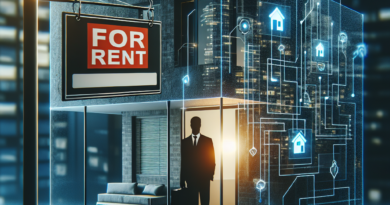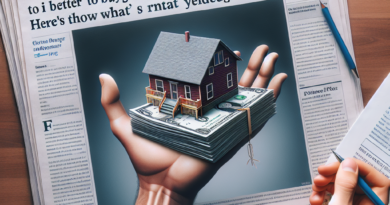When you can not pay the rent
The tenant's main obligation is obviously the payment of the rent provided for in the stipulated contract, an element on which the law does not compromise.
Even in the event of non-compliance by the homeowner, in fact, one is not automatically exempted from paying the rent, which must continue to be carried out regularly even in conjunction with civil proceedings between the parties.
In the event of problems with the property it is mostly possible to obtain a reduction in the rent, but always by acting preventively by suing the landlord.
The suspension of the fee, however, is a very limited eventuality.
Let's see, case by case, when it is possible not to pay the rent for residential or commercial properties.
When you can not pay the rent Economic impossibility Breakdowns in the house Unusable house Commercial property without permits Water leaks Creditor's debts Defects in the property Economic impossibility It may happen that tenants find themselves, even suddenly, unable to pay the agreed fee for unavailability.
This, however, is not a sufficient condition to exempt from compliance, also because if this were the case the homeowners would be deprived of any guarantee.
In this case, the only way forward is to seek an agreement with the homeowner for a temporary suspension or reduction of the rent to deal with the emergency.
Good faith and transparency can help, but the landlord is in no way obliged to sign an agreement.
The only alternative is the request for state contributions, often provided by the Municipalities, for innocent defaulting tenants.
Otherwise, you will have to face the collection and eviction procedure, remembering that it will be possible until the last moment to resolve by paying off a debt.
It is therefore a good idea to point out to the homeowner – if present – the certainty of only a temporary impossibility and to encourage an agreement.
read also Default tenant doesn't pay the rent: what to do to protect yourself on a civil and fiscal level? Breakdowns at home Breakdowns at home are undoubtedly a cause of inconvenience, especially if they concern extraordinary maintenance due to the owner.
If the latter does not take care of the works, it is possible to sue him to force him, but it is not possible – not even during the trial – to deliberately interrupt the payment of the rent without agreeing it with the landlord.
The only exception is when the faults are such as to completely compromise the functionality of the property in its entirety, in other words when it is not possible to live there.
The Court of Cassation has repeatedly reiterated that it is possible not to pay the rent only when there is a lack of enjoyment of the property (and not only partial).
Lack of enjoyment which, moreover, must be demonstrable by objective facts, including the removal of the tenants.
Unusable house If the house is declared unusable, you can not pay the rent, precisely because it is unusable, but only on condition that the lack of usability had not been acknowledged and accepted by the tenant in the contract.
read also Immediate rent cancellation, in which cases is notice not needed? Commercial property without permits The failure to recognize permits and authorizations for carrying out the activity in the property rented for commercial use is not a legitimate reason for not paying the rent, unless this is due to complete non-use due to faults of the owner (for example if the property is affected by building violations and the premises are unusable).
Water infiltrations Water infiltrations, in addition to being annoying and unsightly, can compromise the functionality of the rooms on which they affect, but are a valid reason to stop paying the rent only when they make the entire property unusable (whether for residential use than commercial).
On the contrary, when the infiltrations affect only some areas of the premises (as happens in most cases) it is necessary to continue to pay the rent regularly, without prejudice to the possibility of taking legal action requesting a reduction in the rent for the inconvenience and/or a compensation for damages.
Creditor's debts A very common mistake is to think that if the homeowner is in debt to the tenant (for example because he has advanced expenses) the payment of the rent can be suspended to balance the accounts, when in reality these are different and independent obligations from each other, unless otherwise agreed between the tenant and the landlord.
Defects in the property In principle, for any kind of defect presented by the property for residential or commercial use it is necessary to follow the legal procedure and one cannot – legitimately – stop paying the rent, unless the property is completely and objectively unusable for the purpose for which it is used.
Clearly, if subsequent agreements are reached with the owner to resolve the problems, payment will have to be resumed.
read also House for rent with mold, what to do in case of humidity?




